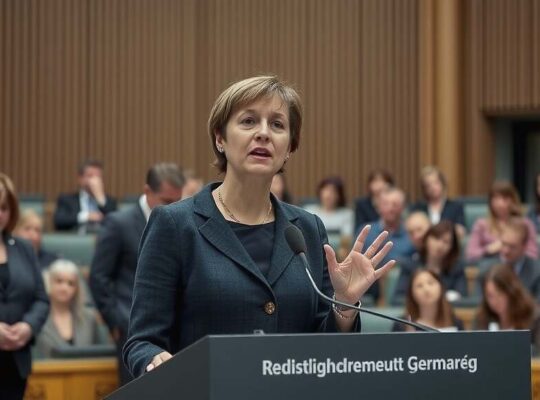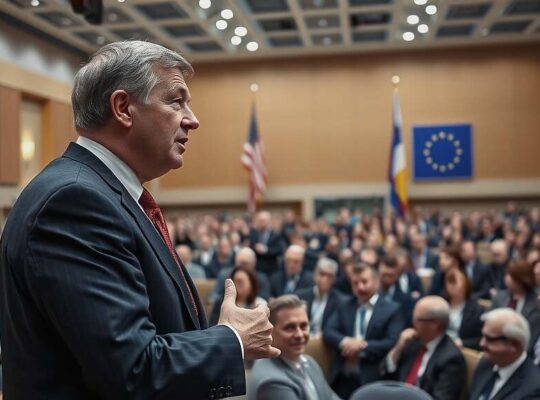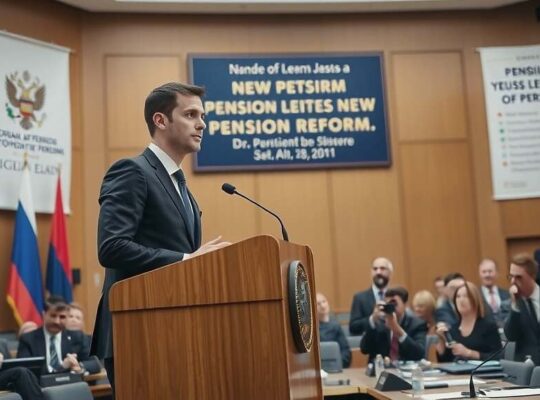Berlin – As Federal Finance Minister and Vice Chancellor Lars Klingbeil prepares for a trip to China, the German government has reiterated its position that any resolution to the Taiwan conflict must be achieved peacefully and through mutual consent, avoiding military action. This stance, communicated by Parliamentary State Secretary Dennis Rohde of the Social Democratic Party (SPD) in a response to a parliamentary inquiry from Green Party parliamentarian Agnieszka Brugger, underscores a delicate balancing act between economic engagement and geopolitical concerns.
Rohde’s statement, obtained by the Redaktionsnetzwerk Deutschland (RND), affirms that the “common position of the Federal Government remains unchanged” regarding the Taiwan Strait. He cautioned that any escalation in the region would “have consequences for German and European interests.
Crucially, the response from Rohde deliberately sidestepped the question of whether Klingbeil would directly raise the sensitive issue of Taiwan during his meetings with Chinese officials. He stated that the German government “generally does not comment on the itineraries of government members’ trips” a remark viewed by some as a strategic ambiguity aimed at avoiding direct confrontation.
This calculated vagueness has drawn criticism from within Germany’s political landscape. Agnieszka Brugger, Deputy Chairwoman of the Green Party parliamentary group, argued that Klingbeil has a responsibility to be forthright. “Vice Chancellor Klingbeil should resolutely advocate for our interests and values with the Chinese government” Brugger told RND. She emphasized that he “must not shy away from clear words” regarding China’s increasingly assertive behavior towards Taiwan and in the South China Sea.
Brugger’s critique highlights a growing tension within the German government. While recognizing China as a vital economic partner, a segment of the political establishment, particularly within the Green Party, is pushing for a more vocal defense of democratic principles and the status quo in the Indo-Pacific region. Klingbeil’s upcoming trip will be closely watched to see how he navigates this complex situation and whether he will publicly challenge China’s actions, potentially risking economic repercussions or damaging diplomatic relations. The government’s silence on the specifics of his agenda signals a carefully choreographed strategy, but one that also leaves room for criticism and questions about the extent of Germany’s commitment to upholding international norms in the face of Chinese assertiveness.












